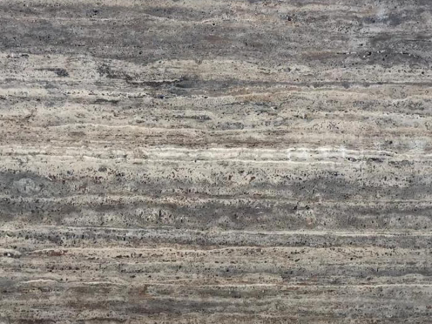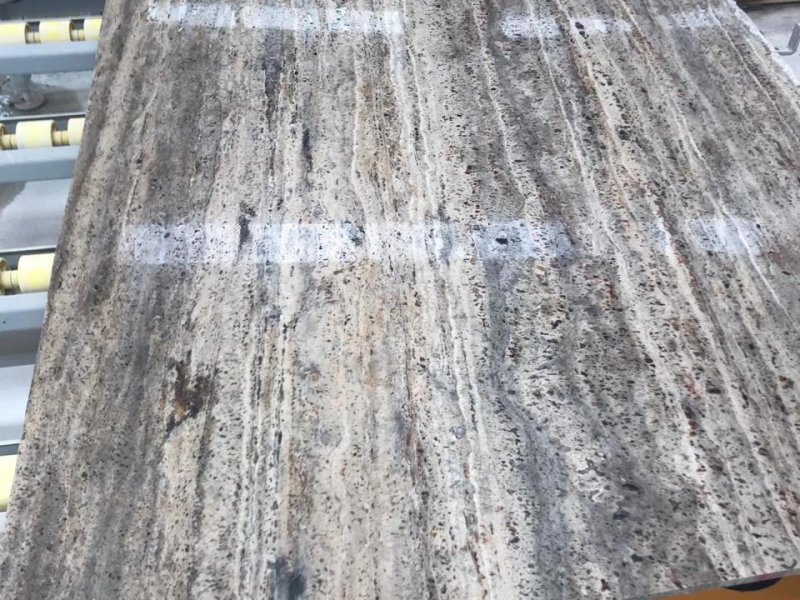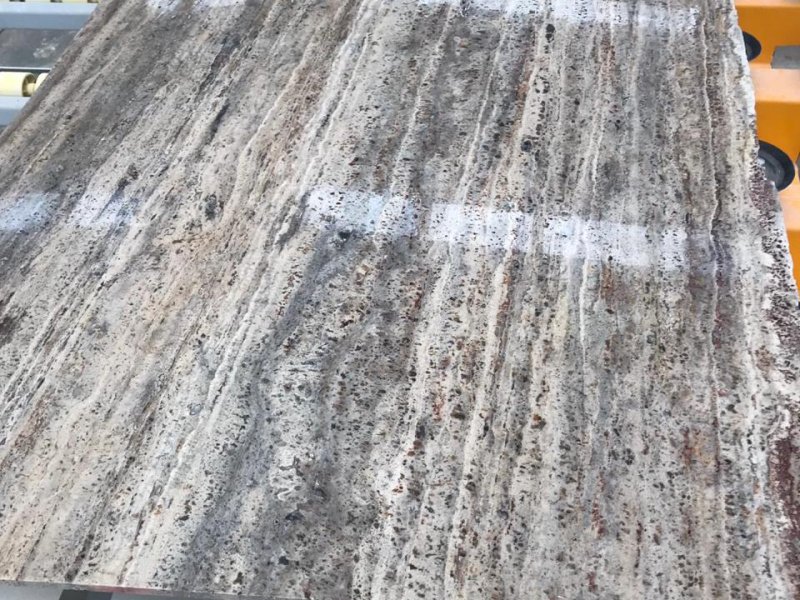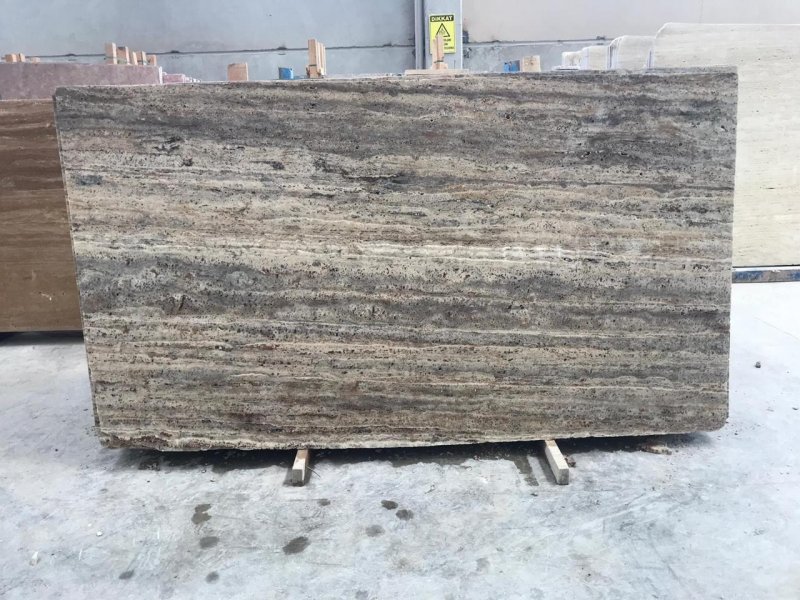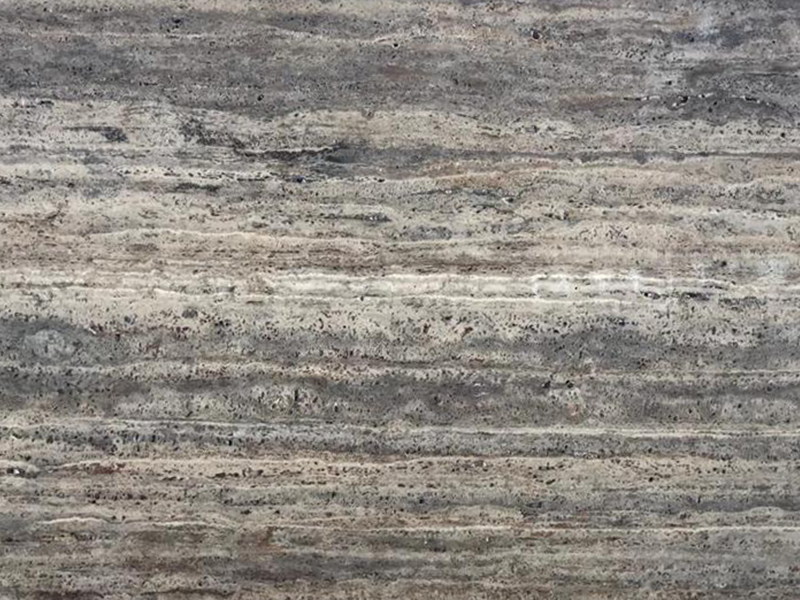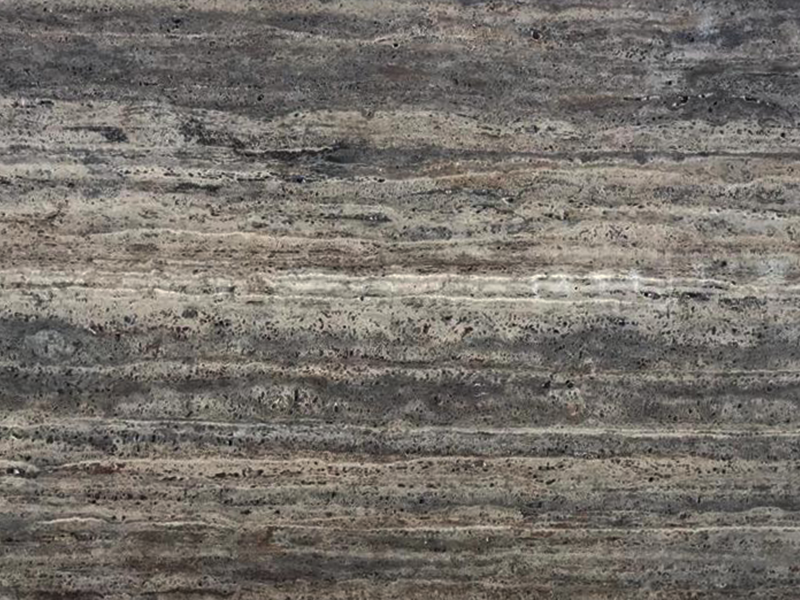Travertine Silver V.C.
Description
Travertine (from French. Travertine, Italian. Travertino, Latin Lapis tiburtinus - Tiburtian stone) is a calcareous tuff, a polycrystalline fragile fine-grained homogeneous rock formed by calcium carbonate minerals (mainly aragonite with a smaller proportion of calcite), lime deposits of carbon dioxide sources. It is amenable to grinding and polishing. In the first century BC, travertine was known as lapis tiburtinus (stone from Tibur).It is formed as a result of the precipitation of calcium carbonate from water from carbon dioxide sources. It is also released from groundwater in caves, forming stalactites and stalagmites. Travertine is formed as a result of the removal of carbon dioxide from solutions containing water-soluble calcium bicarbonate, usually occurring with a drop in pressure associated with groundwater reaching the surface, assimilation by plants or diffusion into the atmosphere due to intense water movement. As a result, a chemical reaction occurs, which releases water-insoluble calcium carbonate.
Travertine is used as a building and cladding stone (also for interior decoration).
WŁAŚCIWOŚCI FIZYCZNE I CHEMICZNE
| Ciężar właściwy: | 2500 кг/м3 |
| Wytrzymałość na ściskanie: | 49,6 MPa |
| Міцність при згинанні: | 9,49 МПа |
| Absorpcja wilgoci: | 4,16% |
| Odporność na mróz: | co najmniej 50 cykli |
